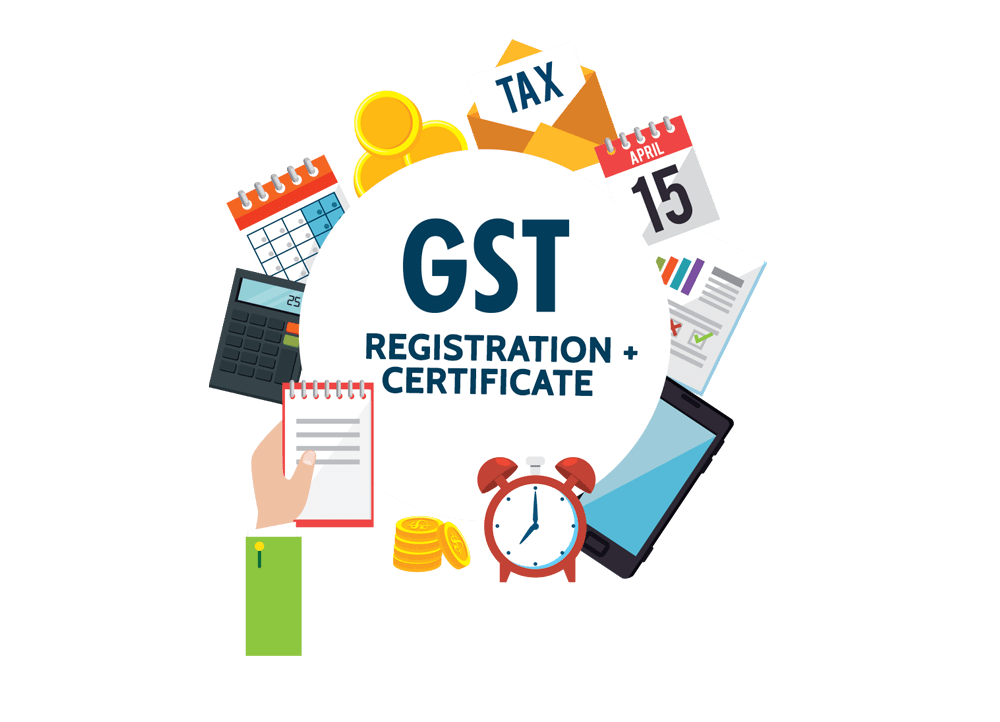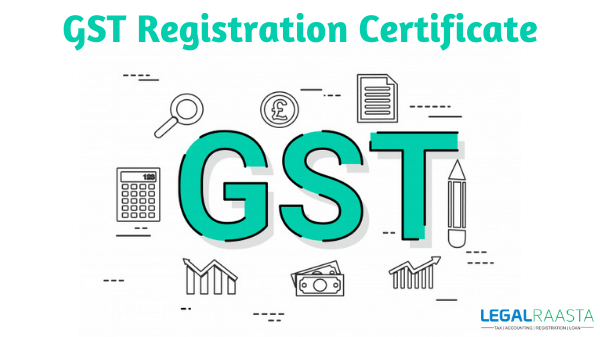Leading Tips for a Smooth Singapore GST Registration Experience
The Ultimate Guide to Simplifying the GST Registration Refine and Needs for Small Company Owners

Recognizing GST Basics
To comprehend the basics of the Product and Provider Tax Obligation (GST) system, little organization proprietors should initially recognize its underlying concepts and implications. GST is a value-added tax obligation imposed on a lot of goods and solutions for residential usage. It aims to simplify the taxation process by changing numerous indirect taxes enforced by the state and central federal governments. Under the GST program, companies are needed to sign up and gather tax obligation in behalf of the government, making certain transparency and conformity.
One of the vital concepts of GST is input tax debt, which permits organizations to claim credit report for taxes paid on their acquisitions. Recognizing these basic concepts is crucial for tiny organization proprietors to navigate the intricacies of the GST system and guarantee conformity with the law.
Qualification Requirements for Enrollment
Having actually established a fundamental understanding of GST concepts, little company proprietors must currently satisfy specific qualification criteria to continue with the enrollment process (Singapore GST Registration). Services that were signed up under the previous tax obligation regime (BARREL, service tax, and so on) are likewise mandated to register under GST. Farming companies that just provide generate out of primary manufacturing are exempt from GST enrollment.
Records Required for GST Enrollment

Simplified Registration Process Actions
Complying with the collection and confirmation of the requisite records, the registration procedure for GST can be navigated with a collection of streamlined steps developed to promote effective compliance for small company proprietors. The very first step involves going to the GST portal and picking the 'New Enrollment' option. Consequently, the applicant has to fill in Part A of the GST REG-01 form with information such as frying pan, mobile number, and email address to get an OTP for confirmation. Once the OTP is gotten and gotten in, a Short-lived Recommendation Number (TRN) is created for further proceedings. The following step requires submitting Part B of the type with essential business details, posting sustaining documents, and completing the verification procedure using DSC or EVC. Upon effective confirmation, an Application Recommendation Number (ARN) is provided, indicating the completion of the GST registration process. By adhering to these simplified actions, local business proprietors can efficiently register for GST and make sure compliance with tax policies.
Tips for Ensuring Conformity
To preserve regulatory adherence and functional honesty, persistent oversight and positive procedures are critical in guaranteeing conformity with GST demands for local business owners. Local business owners must remain updated with GST laws, submitting due dates, and any changes in tax prices to avoid fines and keep More Info a good standing with tax obligation authorities. One important pointer for conformity is to keep precise and comprehensive records of all purchases, consisting of receipts, costs, and billings associated with GST. Frequently resolving economic records with GST returns can aid in identifying and rectifying any type of discrepancies quickly. Furthermore, performing routine inner audits or seeking expert support can guarantee that business is complying with all GST regulations appropriately. It is likewise vital for local business proprietors to buy GST-compliant accountancy software program that can simplify the tax obligation filing process and minimize mistakes. Finally, attending GST understanding workshops or training programs can enhance understanding and compliance with GST policies, eventually profiting the business over time.
Conclusion
To conclude, small company proprietors have to recognize the essentials of GST, fulfill the qualification criteria, collect essential documents, and comply with the simplified enrollment procedure steps to guarantee conformity. By simplifying the GST enrollment process and requirements, small company owners can prevent penalties and run their businesses smoothly within the lawful framework - Singapore GST Registration. It is critical for small company proprietors to stay enlightened and certified with GST guidelines to preserve a successful company operation
Small business owners seeking GST registration need to ensure they collect and send the needed files to complete the registration process successfully. The files needed for GST enrollment generally include view it now evidence of business enrollment or incorporation, PAN (Long-term Account Number) card of the service entity, address and identity evidence of the promoters/partners/directors, photographs, address proof of the place of service, bank account declarations or terminated cheques, and authorization forms. Participating in GST understanding workshops or training programs can enhance understanding and compliance with GST laws, eventually benefiting the company in the lengthy run.
By streamlining the GST registration process and find out demands, tiny service owners can stay clear of charges and run their organizations efficiently within the legal framework. It is critical for tiny business owners to remain compliant and informed with GST regulations to keep an effective business procedure.